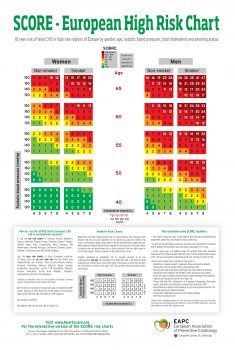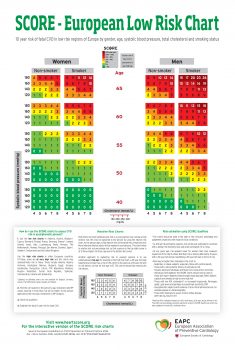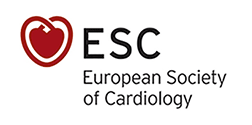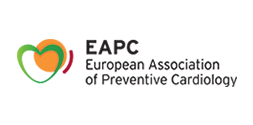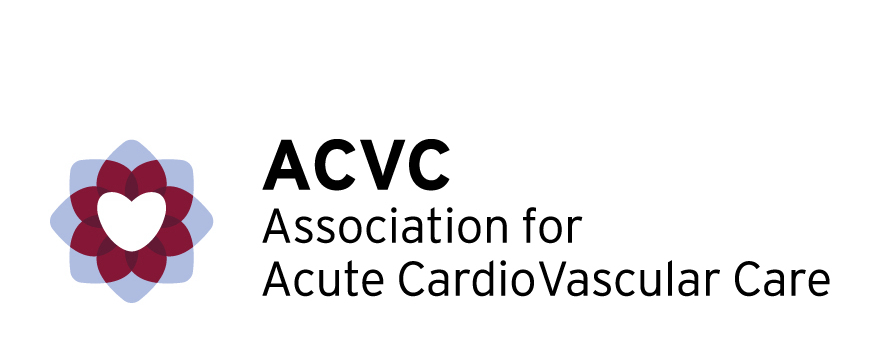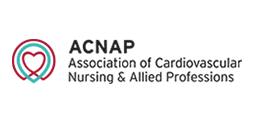Estimating your risk of cardiovascular disease
Predicting your cardiovascular risk is very important in preventing cardiovascular disease, because this helps your doctor to understand how much you will benefit from prevention. SCORE2 (Systemic Coronary Risk Estimation 2) is an easy-to-use risk assessment tool developed to support healthcare professionals in assessing your risk of having a stroke (sudden blockage of a blood vessel carrying oxygen and nutrients), a myocardial infarction (heart attack), or to die from cardiovascular causes in the next ten years. Ask your doctor for a personalised risk assessment.
This also helps your healthcare professional to understand how much you will benefit from prevention, such as blood pressure lowering, cholesterol lowering or smoking cessation. There are many methods or tools available that can be used to predict this risk. In Europe, it is recommended that healthcare professionals use the SCORE2 (Systemic Coronary Risk Estimation 2) algorithm. To estimate this, the tool uses your risk factors, such as your age and gender, your blood pressure, cholesterol (level of fats in your blood) and smoking habits. By addressing these risk factors, you can lower your risk of cardiovascular disease.
SCORE2 shows you how these risk factors work together to produce your cardiovascular risk (expressed as a percentage), and it highlights which risk factors can be addressed to lower your risk. The calculations can be done by using the SCORE2 risk charts or through the interactive Heartscore online tool. SCORE2 is designed for use with “healthy” people, which means the charts are not recommended for use with patients who already have heart disease, stroke, or diabetes in the past. For those individuals, other tools exist that can help healthcare professionals to estimate cardiovascular disease risks.
The risk score uses three categories: low risk, moderate risk, or high risk. The category is determined by your risk score together with your age. Your doctor will make treatment decisions mostly based on the risk category. It is important to discuss with your doctor what this means and what you can do to lower your risk.
Take a look at the recommended advice for a healthy lifestyle to see how you can lower your risk. You should ask your doctor or healthcare professional for a personal assessment with the SCORE2-charts or the Heartscore tool.
